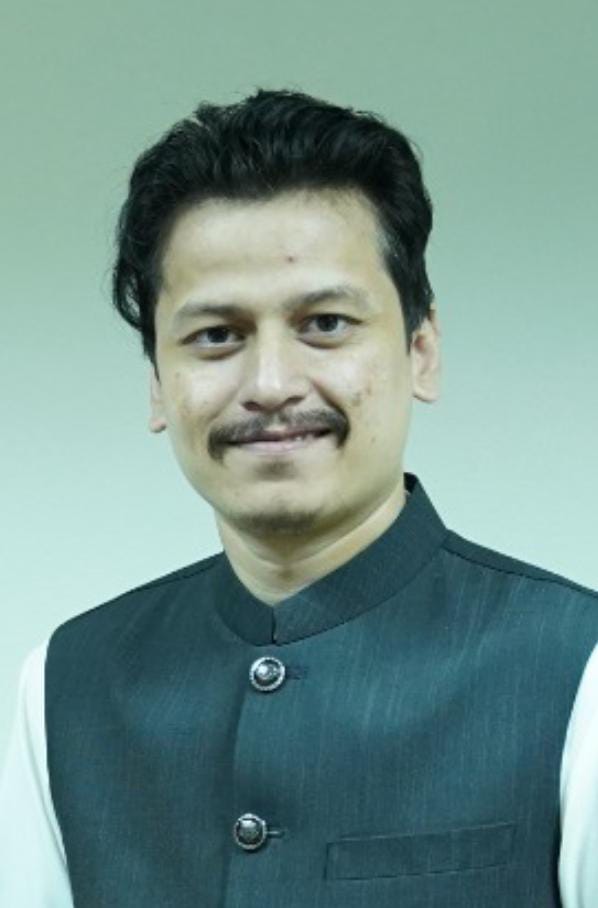Rising global Hindutva networks fueling Islamophobia and threatening peace: Seminar
Islamabad, September 28: The rising influence of Hindutva ideology and its expanding transnational networks are fueling diaspora-driven politics and a dangerous escalation in Islamophobia worldwide. This trend poses serious challenges to global peace, coexistence, and pluralism, highlighting the urgent need for academic, diplomatic, and policy-driven engagements to counter its divisive narratives.
This was deliberated at a seminar, “Hindutva: Networks, Diaspora Politics, and Islamophobia,” convened by the Institute of Policy Studies (IPS), Islamabad, which gathered scholars, policymakers, diplomats, and other stakeholders to explore one of today’s most pressing global ideological challenges. The seminar featured insightful discussions by Dr Mujeeb Afzal, associate professor Quaid-i-Azam University, Dr Khurram Iqbal, academic and policy analyst, Ambassador (r) Sohail Mahmood, director general Institute of Strategic Studies, Islamabad, and Khalid Rahman, chairman IPS.
In his opening remarks, Khalid Rahman noted that the Rashtriya Swayamsevak Sangh (RSS), which propagates and institutionalizes the ideology of Hindutva, marked its centenary on September 27. He highlighted the steady surge in mobilization of Hindutva organizations under the guise of cultural organizations, such as the RSS, not only within India but also across Indian diasporas, to advance the politics of hate.
He underlined the factors through which Hindutva reinforced itself within India, including organizational discipline, a robust grassroots network, political influence through the BJP, expansion in affiliate organizations, community service, shaping educational and cultural discourse, and, most of all, a favorable Islamophobic global environment. He emphasized that Hindutva weaponizes Islamophobia as a strategy in the West to further its own anti-Muslim agenda.
Dr Mujeeb Afzal unpacked the structural and political dimensions of Hindutva, asserting that it was more of a political phenomenon than a religious one. He examined its operational strategies within India and its outreach into global diasporas. He also underlined Hindutva’s construction of identity in opposition to Muslims and its global strategies and ideological links to promote Islamophobia.
Dr Khurram Iqbal expanded on the security and societal consequences of these developments, noting how Hindutva-driven narratives contribute to Islamophobic sentiments and discriminatory policies. He said that the Hindutva diaspora in the Global North funds Hindutva-led activities inside India and the dissemination of this divisive ideology globally.
He emphasized that the Hindutva diaspora in the West acts as a lobby group for the BJP and RSS. However, he noted that Hindutva may struggle to gain ground in Western societies, where racial identity often proves stronger than religious affiliation, and India’s assumed role as a ‘vishwaguru’ did not sit well with the host societies. He also drew parallels between the ideas of Akhand Bharat and Greater Israel, describing the recent Pakistan-Saudi defense pact as evidence of growing awareness of their potential dangers.
In his concluding remarks, Ambassador Sohail Mahmood warned of the dangers posed by Hindutva and its transnational networks for Muslim, especially Pakistani, diaspora communities. He stressed the need for sustained dialogue and global solidarity to counter Hindutva and Islamophobia, while noting that many Hindus themselves reject these extremist ideologies.
Emphasizing that pluralism, inclusivity, and justice are essential for peace and stability, he cautioned that Hindutva groups actively fuel Islamophobia, pointing to the current BJP/RSS support for Israeli genocide in Gaza as a dangerous convergence. He further observed that beyond India, Hindutva networks tie their agenda to global security narratives, portraying Pakistan as the alleged epicenter of terrorism.
The seminar drew attention not only to the ideological rise of Hindutva but also to its implications for the world, especially Indian Illegally Occupied Jammu and Kashmir, and the Muslim diaspora. The discussions consistently pointed toward the necessity for policy circles both within Pakistan and internationally to take cognizance of Hindutva’s expanding transnational dimensions. Treating Islamophobia as not merely a societal prejudice while framing Hindutva as a violent extremist ideology must be done in a way that the West understands, the discussants highlighted. #

